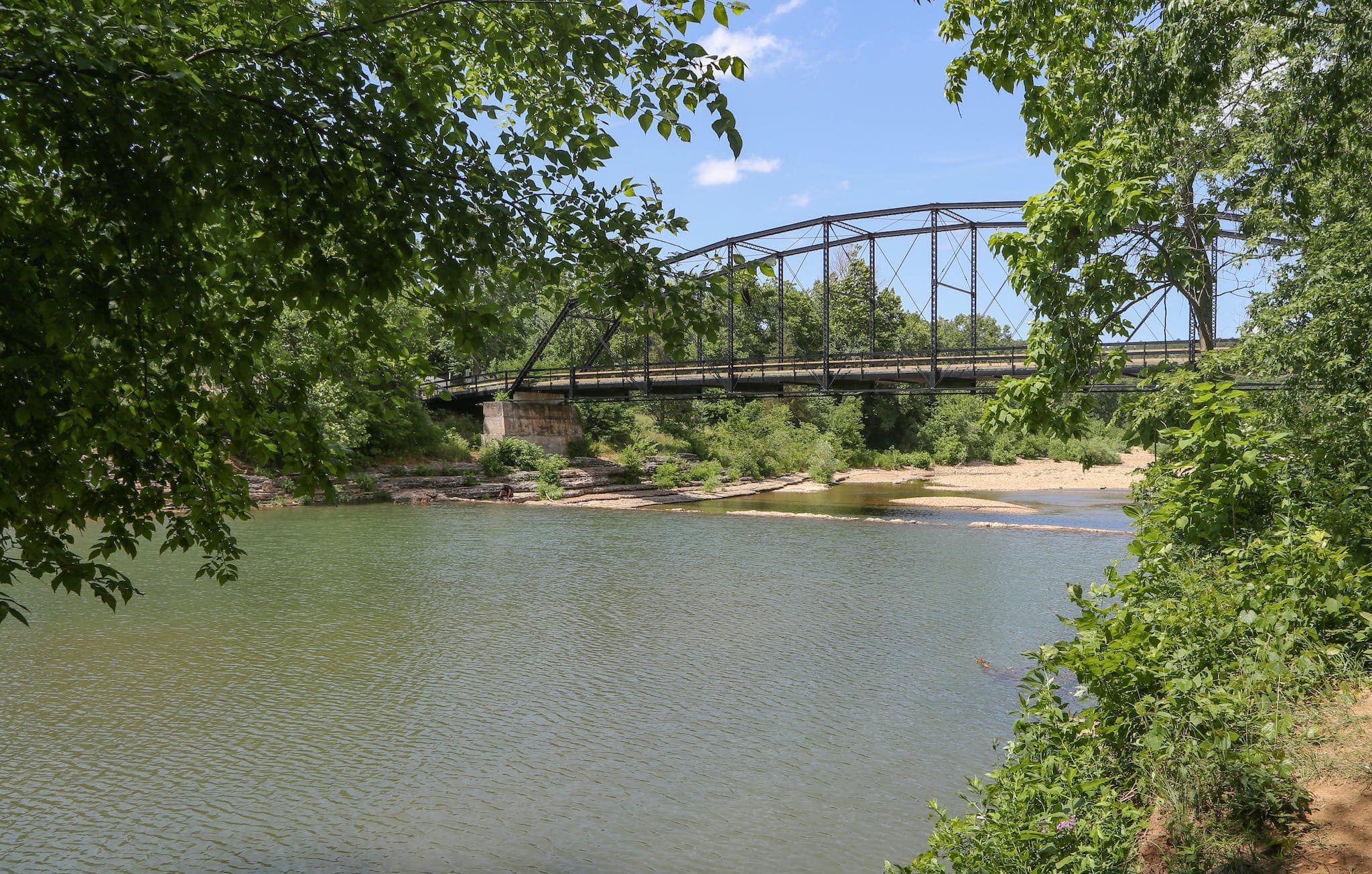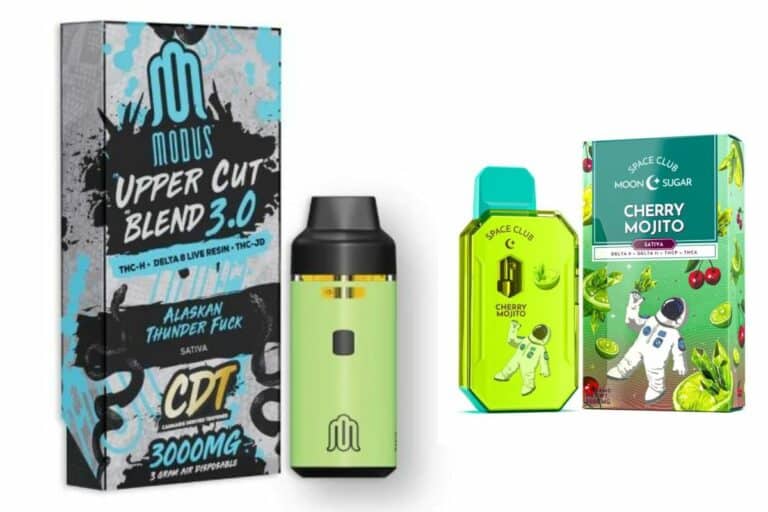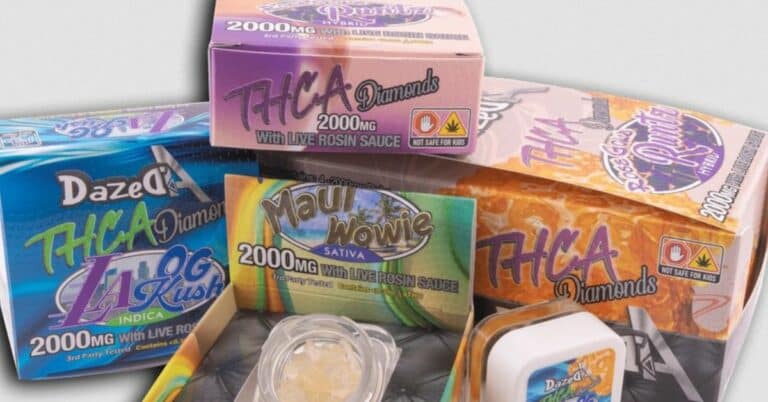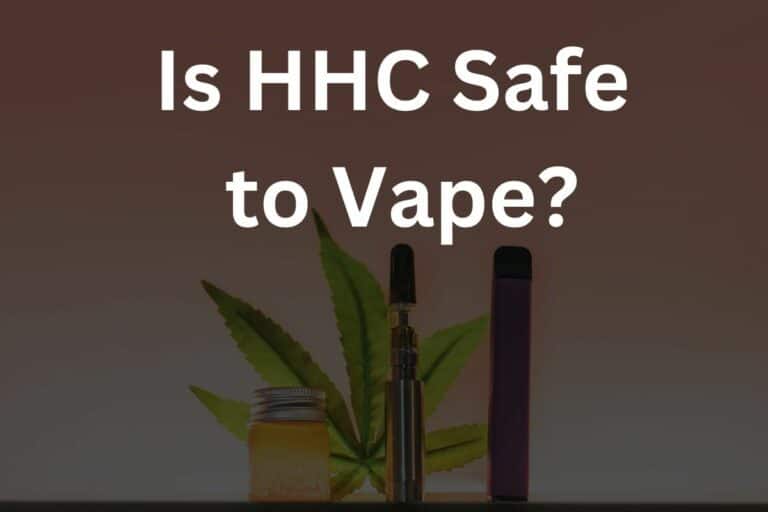Is Delta 8 THC Legal in Arkansas? State Law Clarifications
Jumping right into the maze of Arkansas’s marijuana laws can really make your brain whirl, especially if you take a look at Delta-8 THC. Think of it like the mild-mannered cousin of Delta-9 THC – you know, the part of pot that packs a punch. But, oh wow, does it ever get folks in a tizzy over legal stuff! Figuring out if you’re on the right side of the law with Delta-8 in Arkansas is a big deal.
Table of contents
Delta-8 THC is a cannabinoid derived from hemp plants, which distinguishes it from its more commonly known relative, Delta-9 THC, found in higher concentrations in marijuana. The nuances in federal and state regulations can create a complex legal environment for consumers and businesses alike. In Arkansas, the legality of Delta-8 is informed by state laws that govern controlled substances, which, in turn, interact with federal regulations set forth by the 2018 Farm Bill.
Navigating the intricacies of these laws requires attention to recent legislative changes and the evolving interpretations by legal authorities. Whether Delta-8 THC is legal in Arkansas hinges on the state’s adoption and implementation of the federal definitions of hemp and its derived compounds, making it necessary for you to stay informed about the current legal status before engaging with Delta-8 products.
The Legal Landscape of Delta 8 in Arkansas
Understanding the legality of Delta 8 in Arkansas is critical for both consumers and businesses. It hinges on a complex interplay between state and federal law, as well as interpretations from the courts.
State Law and Act 629
Under Arkansas law, Delta 8-THC falls into a gray area. Specifically, Act 629, which was signed into law in 2019, updated the state’s stance on controlled substances. This Act excluded hemp-derived cannabinoids from the state’s list of controlled substances. However, there is ambiguity because Delta 8-THC is synthetically derived, which may affect its legality under state regulations.
Federal Law and the 2018 Farm Bill
The 2018 Farm Bill is pivotal in the legality of hemp derivatives on a federal level. Your understanding of this law is essential as it federally legalized hemp and hemp-derived compounds, including cannabinoids, isomers, and other extracts. However, THC levels must not exceed 0.3% on a dry weight basis. Although Delta 8-THC is present in hemp in very low concentrations, most commercial Delta 8 is manufactured through a synthetic process. As such, its compliance with federal law may depend on interpretations of the term “synthetically derived.”
Judicial Proceedings and Court Orders
Court rulings can heavily influence the regulatory landscape of substances like Delta 8. As of now, there have been no significant judicial proceedings or court orders in Arkansas that specifically address the legality of Delta 8. In the absence of such legal precedents, your operation within the state could face uncertainties about regulation and enforcement. It’s advisable to stay informed about any legal challenges or court decisions that may clarify the status of Delta 8 in the near future.
Delta 8 vs. Other Cannabinoids
In exploring the legal landscape surrounding Delta 8 in Arkansas, it’s essential that you understand how Delta 8 THC compares to other cannabinoids, such as Delta 9 and Delta 10, and its status under the Controlled Substances Act.
Delta 8, Delta 9, and Delta 10 Comparison
Delta-8 THC is a psychoactive substance found in the Cannabis sativa plant, analogously structured to Delta-9 THC, the primary psychoactive compound in marijuana. While both share similar properties, Delta-8 is typically less potent and has a more subtle psychoactive effect. Another compound, Delta-10 THC, has also emerged, which is similar to its counterparts but is less researched and understood. Among these three, Delta-9 is the most widely legislated and regulated, often determining the legality of cannabis products.
- Delta-8: Approximately 50-70% the potency of Delta-9, offering a milder high.
- Delta-9: The most potent and commonly encountered THC, responsible for marijuana’s strong psychoactive effects.
- Delta-10: Found in trace amounts, less potent, and currently less common in the market.
Banned Substances and Controlled Substance Act
Under the Controlled Substances Act (CSA), “marihuana” and tetrahydrocannabinols are listed as Schedule I substances, making most THC variants federally illegal. However, the 2018 Farm Bill created a distinction by legalizing hemp-derived products containing less than 0.3% Delta-9 THC. Given this federal legislation, Delta-8 THC can be considered legal if derived from hemp and not synthetically produced, although the legality can vary by state. In Arkansas, Delta-8 may be considered a controlled substance, falling under the category of tetrahydrocannabinol and making it a banned substance.
- Banned: Preparations of Delta-8 that exceed permissible limits or derive from non-hemp sources.
- Legal: Hemp-derived cannabinoids with Delta-9 THC levels not exceeding the 0.3% threshold.
Regulation of Sale and Distribution
Understanding the ins and outs of the legal landscape surrounding Delta-8 THC is crucial for both sellers and consumers. Arkansas has specific regulations that govern the sale and distribution of hemp-derived products.
Age Restrictions and Consumer Safety
You must adhere to age restrictions when purchasing Delta-8 products in Arkansas. State law requires that you be at least 21 years old to legally acquire these substances. This is in place to ensure consumer safety and compliance with both state and federal guidelines, as the effects and regulation of such compounds are still under close scrutiny.
Enforcement and Compliance Issues
Enforcement of regulations around the sale and distribution of Delta-8 in Arkansas is a complex issue. The state law prohibits the manufacture and distribution of Delta-8 THC under certain circumstances, and as a result, regulatory bodies vigorously monitor compliance. If you’re in the business of selling or distributing Delta-8, staying updated with the changing laws is imperative to avoid legal repercussions.
Hemp Products and Hemp-Derived Substances
When it comes to hemp products and hemp-derived substances like Delta-8 THC, the 2018 Farm Bill is a critical piece of legislation that you should be aware of. It legalized the cultivation and sale of hemp at the federal level, which has implications on state laws. As a result, there is a legitimate argument for the legality of Delta-8 THC products derived from hemp, as long as they meet the required THC threshold. However, local laws in Arkansas differentiate hemp from other controlled substances, and consumers should ensure that the products they purchase are in compliance.
Remember to stay informed about the most recent legislation regarding hemp’s legalization and how it affects the sale and distribution of Delta-8 and other cannabinoids to navigate this emerging market within Arkansas lawfully.
Impacts of Legal Uncertainty
The legal status of Delta-8 in Arkansas impacts both business operations and consumer access, creating a landscape of uncertainty that affects market dynamics and user experience.
Business Operations and Market Effects
You need to be aware that the legal ambiguity surrounding Delta-8 directly affects your business operations in Arkansas. Legislative sessions that discuss the classification of Delta-8 contribute to this uncertainty. As Delta-8 exists in a gray area, not classified as clearly legal or under a ban, your market planning becomes challenging. Lawmakers have not provided clear directives, potentially leading to psychoactive substances like Delta-8 being marketed without clear regulations.
- Legal Risks: Unclear laws place your business at risk of non-compliance.
- Market Stability: Your ability to forecast and invest is hindered without stable regulations.
Consumer Experience and Access
Consumer access to Delta-8 products in Arkansas is directly affected by this uncertainty. You may encounter inconsistencies in product availability and legal advisories, which can impact your experience. It is important for consumers to stay informed about legislative sessions and the outcomes that could influence the legal status of Delta-8 and consequently, access to these products.
- Product Availability: You may find that the availability of Delta-8 products fluctuates.
- Informed Decisions: You have to navigate the complex legal landscape to make informed purchases.
By staying informed on the actions of lawmakers and the resulting market changes, you can better navigate the complexities of accessing Delta-8 in Arkansas.
Medical Marijuana and Alternatives
As you explore the landscape of medical cannabis in Arkansas, it’s essential to understand the availability and legality of medical marijuana in the state, as well as hemp-derived alternatives that may offer therapeutic benefits without the psychoactive effects associated with THC.
Arkansas Medical Marijuana Dispensaries
In Arkansas, medical marijuana is a legal option for patients with qualifying conditions. After obtaining a medical marijuana card, you have the ability to purchase cannabis products from licensed dispensaries across the state. These dispensaries provide a range of products, which may include various strains of cannabis, edibles, concentrates, and topicals. Each product is regulated to ensure safety and consistency, with clear labeling of cannabinoid content, such as delta-9-THC.
Hemp as an Alternative Treatment
For those seeking alternatives to medical marijuana, hemp-derived products can be a legal and non-psychoactive option. Unlike marijuana, hemp contains low levels of delta-9-THC but can be rich in other cannabinoids like CBD. These hemp-based products are gaining popularity and are available without the need for a medical marijuana card, potentially providing relief for a variety of conditions. While recently, delta-8-THC has emerged as another hemp-derived compound, its legal status may vary, and consumers are advised to stay informed about state laws pertaining to its sale and use.
Safety, Health, and Public Concerns
When considering the legality of Delta-8 in Arkansas, you must be aware of the safety and health implications, particularly how they impact regulations and public health initiatives.
Preliminary Injunctions and Poison Control
In Arkansas, preliminary injunctions may arise if products like Delta-8 THCs pose health risks acknowledged by poison control centers due to a higher incidence of adverse events or overdoses. It’s critical for you to follow the directives and warnings issued by these authorities to stay informed on the legality and risk profile of such substances.
Accidental Overconsumption and Child Safety
Children are at an increased risk of accidental overconsumption of Delta-8 products, leading to serious health concerns. As a safety measure, it is imperative to keep such products out of children’s reach and to educate yourself on the signs of overdose, ensuring a swift response in collaboration with local poison control centers in the event of such an incident.
Legal Developments and Future Outlook
In exploring the legal landscape of delta-8 in Arkansas, it’s essential to understand recent legislative developments and anticipate future legal changes, which could influence both production and availability.
Legislative Developments
In Arkansas, delta-8 THC has been at the center of legal scrutiny due to its similarities to delta-9 THC, the primary psychoactive component in marijuana. The Arkansas Controlled Substances Act currently categorizes all tetrahydrocannabinols as controlled substances, with certain exceptions for hemp-derived cannabinoids under the 2018 Farm Bill. You should note that while delta-8 THC can also be derived from hemp, its legal status remains somewhat ambiguous.
Anticipated Legal Changes
Looking ahead, one can expect legal clarifications and potential legislative adjustments concerning delta-8 THC. The evolving nature of lawsuits and trials pertaining to cannabinoids may shape the future of delta-8 in Arkansas. As state legislators work towards firming up the existing cannabis laws, modifications stemming from both federal and state-level could play a role. Future adjustments may be influenced by factors such as consumer safety, market trends, and regulatory controls surrounding the production and distribution of hemp-derived compounds like delta-8 THC. Keep an eye on new legislation that may emerge from ongoing dialogues within the state’s legal framework.
Frequently Asked Questions
In Arkansas, the landscape surrounding the legality of various THC compounds can be complex. This section aims to clarify the legal status of Delta 8 THC and its analogs like Delta 10 THC, as well as the implications of federal and state laws.
What is the legal status of Delta 8 THC in Arkansas following the passing of Act 629?
After the passing of Act 629, Delta 8 THC is considered a controlled substance in Arkansas. This means that the manufacture, sale, and possession of Delta 8 THC are illegal within the state.
Can consumers legally purchase Delta 10 THC in Arkansas state?
Similar to Delta 8, Delta 10 THC is also not legal in Arkansas. Despite both compounds being derivatives of hemp, state law classifies them alongside Delta 9 THC as controlled substances.
How does the federal Farm Bill impact Delta 8 THC regulations in Arkansas?
The federal Farm Bill does not alter the legality of Delta 8 THC in Arkansas. While the Farm Bill legalizes hemp and its derivatives, Arkansas state law specifically includes Delta 8 THC under its list of controlled substances irrespective of the federal stance.
What are the restrictions on Delta 9 THC under Arkansas state law?
Delta 9 THC, the primary psychoactive component in marijuana, is illegal in Arkansas except for registered patients under the Arkansas Medical Marijuana Amendment. Recreational use remains prohibited.
Are there any specific cities in Arkansas, like Little Rock, with unique regulations on Delta 8 THC?
To date, there are no known unique municipal regulations for Delta 8 THC in cities like Little Rock; the statewide ban on Delta 8 THC applies uniformly across all cities in Arkansas.
In the context of states outlawing Delta 8, where does Arkansas stand?
Arkansas is among the states that have explicitly outlawed Delta 8 THC. Despite federal legislation legalizing hemp derivatives, Arkansas has taken a stricter stance by placing Delta 8 THC under its controlled substance list.







